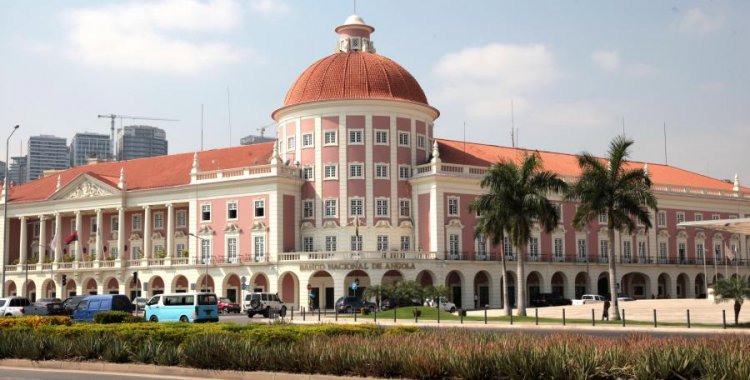Precioso Domingos said, in statements to Lusa, that the central bank "is what determines the functioning of banks in Angola", fleeing the traditional logic of banking, "which is something based on trust".
According to the economist, in the traditional operating rules of banks, it is the customers, the consumers, who dictate the closure, or not, of a bank.
"But the National Bank of Angola has a very strong intervention, which is a double-edged sword. It makes banks, such as Banco Económico (...) with a position of strength, possibly political, different from Banco Prestígio, be more reliable until they make mistakes", he stressed.
Banco Económico (formerly Banco Espírito Santo de Angola) became fully private, after a capital increase, carried out on the basis of the measures of the Recapitalization and Restructuring Plan approved by the BNA, with the replacement of the own funds being carried out by the issuance of of perpetual participation bonds (TPP), with the equivalence of this instrument to principal own funds.
For the economist, the situation of Banco Prestígio "makes little sense", taking into account that "part of the shareholders said they had capital to inject, but it was not in the interest of the BNA".
"Interventionism has a little of this, the excessively legalistic logic then allows using legal arguments to justify things that are not economic", stressed Domingos, reinforcing his opinion that "banking needs to have a little more operating space, because the BNA does and undoes and is basically always wanting to blame the banks, when he makes the rules".
Banco Prestígio had its license revoked last month by the BNA, due to "repeated violation of prudential requirements, namely maintenance of regulatory equity and equity ratios below the legal minimum, ineffectiveness in implementing the corrective intervention measures determined by the BNA , shareholder unavailability and the inexistence of credible solutions for the bank's recapitalization".
The economist stressed that despite being autonomous, since last year, the central bank "continues to be fiscally dominant".
"In other words, it was legally placed in the Constitution, to guarantee this independence, but in terms of procedures the BNA is taking steps in which it is at the service of fiscal policy, that is, it is at the service of the executive", he added.
"That is why, when the National Bank of Angola appears at press conferences, it is always making appeals and warnings. Notice no. 10, on the executive's policy for financing sectors, with a series of interventionisms, the executive to indicate the areas in which to invest, then Notice no. 9 which is housing credit, also an initiative of the executive", he exemplified.
In the last four years, the Angolan banking system has six fewer banks.
Precioso Domingos observed that the presence of foreign banks has advantages, especially when they form alliances with domestic banks, promoting the strengthening of these institutions.
"But even those that later become autonomous, especially banks with a lot of liquidity, have the advantage of being able to help certain operations that are not carried out internally, especially linked to the oil sector and other companies with a very high level of invoicing (...) now start to be made here", he said.







